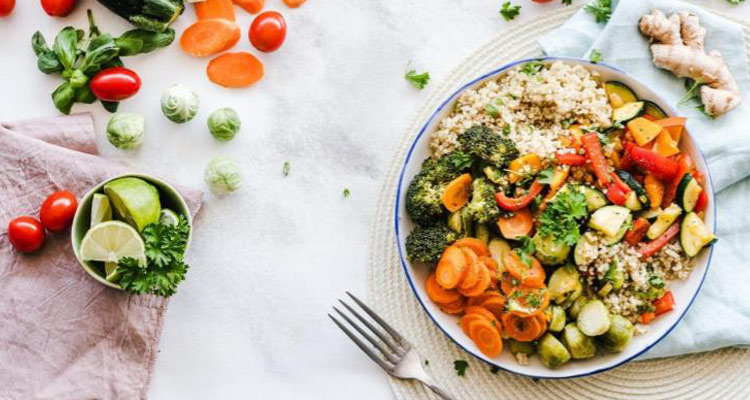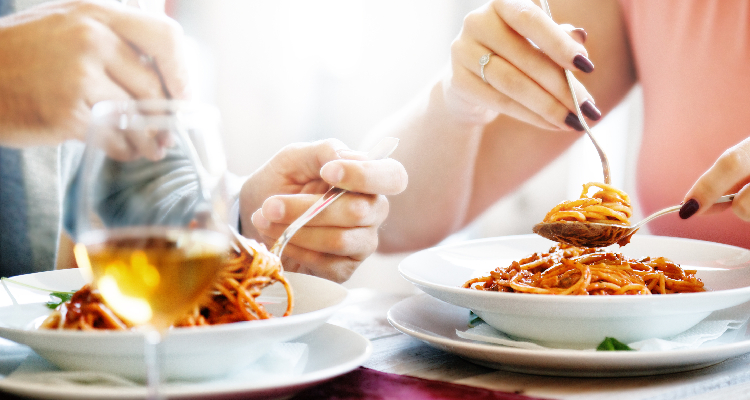
Freephone: 0800 592 786 | Main: 01604 586 529 | 01604 584 784
Email: info@oakmed.co.uk
www.oakmed.co.uk
Eating is one of life’s great pleasures, and having a stoma shouldn’t change your enjoyment of food. Most people with a stoma are able to return to their normal diet soon after an operation. However, it’s worth bearing in mind that food tolerances can vary from person to person and some foods may affect your stoma negatively.

Unless specified otherwise by a healthcare professional, you should be able to eat what you like. However, it may be that you need to be more careful and adjust your eating habits slightly. Here are a few tips from the experts to ensure you can enjoy your food without affecting your stoma:
The most important dietary concerns for the ostomate are preventing blockages. Some foods are more prone to obstructing stomas than others, to be clear that doesn’t mean that you can’t eat them, but it’s worth being aware of.
Foods known to be stoma obstructive include:
Another key concern for ostomates is to avoid unpleasant odours that can occur when certain foods are consumed. Again, this doesn’t mean that you can’t eat them, you may wish to try them in small quantities in private though to see how your body reacts.
Known odour producing foods include:
There are also some foods that are known to reduce odour, including:
Excess gas can cause a stoma bag to balloon and become uncomfortable, whilst also causing some intestinal distress. Knowing which foods produce excess gas can be the key to managing your stoma and ensuring you don’t become bloated.
Gas-producing foods include:

An increase in stool output can be more difficult to manage and means you may have to change your bag more regularly. Similarly, loose stool can make changing the bag more difficult. Again, there are certain foods that are known to increase output and contribute to looser stool.
These foods include:
However, there are some foods that can help to control problems with loose stool, including:
Constipation is uncomfortable for everybody, but it can be a real issue for ostomates. There are a few foods that are known to provide relief when suffering from constipation, including:
Our discreet stoma care home delivery brings your prescription stoma, continence, wound care or rectal irrigation products straight to your door
Find out more

If you would like to be kept up-to-date with our latest product information and news, please enter your email address below.
Our newsletter provides relevant and useful information for the Ostomy community.
If you no longer wish to receive these updates, you may unsubscribe at any time.
I'm a...
To see how we use your information, please take a look at our Privacy Policy.